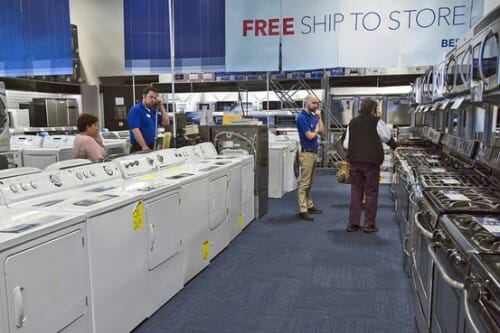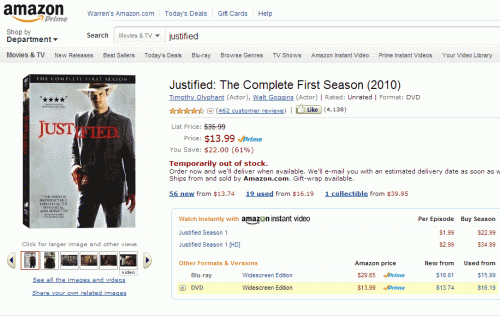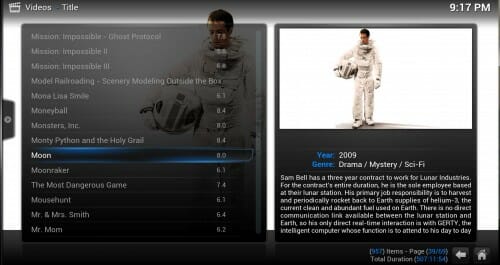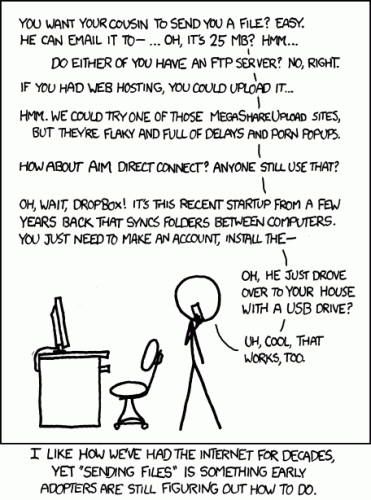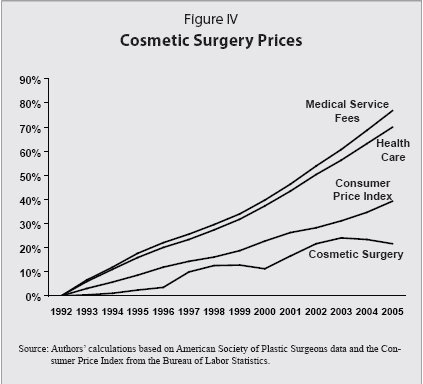Scooped George Will By A Decade
George Will has a good article making the point that you are almost certainly richer today, in terms of the products and services you have access to, than a billionaire was in 1916. Loyal Coyote Blog readers will have read roughly this same article over a decade ago. In that nearly ancient post, I compared a middle class home-owner in my neighborhood to the owner of one of the largest mansions in America in the late 19th century:
One house has hot and cold running water, central air conditioning, electricity and flush toilets. The other does not. One owner has a a computer, a high speed connection to the Internet, a DVD player with a movie collection, and several television sets. The other has none of these things. One owner has a refrigerator, a vacuum cleaner, a toaster oven, an iPod, an alarm clock that plays music in the morning, a coffee maker, and a decent car. The other has none of these. One owner has ice cubes for his lemonade, while the other has to drink his warm in the summer time. One owner can pick up the telephone and do business with anyone in the world, while the other had to travel by train and ship for days (or weeks) to conduct business in real time.
I think most of you have guessed by now that the homeowner with all the wonderful products of wealth, from cars to stereo systems, lives on the right (the former home of a friend of mine in the Seattle area). The home on the left was owned by Mark Hopkins, railroad millionaire and one of the most powerful men of his age in California. Hopkins had a mansion with zillions of rooms and servants to cook and clean for him, but he never saw a movie, never listened to music except when it was live, never crossed the country in less than a week. And while he could afford numerous servants around the house, Hopkins (like his business associates) tended to work 6 and 7 day weeks of 70 hours or more, in part due to the total lack of business productivity tools (telephone, computer, air travel, etc.) we take for granted. Hopkins likely never read after dark by any light other than a flame.
If Mark Hopkins or any of his family contracted cancer, TB, polio, heart disease, or even appendicitis, they would probably die. All the rage today is to moan about people's access to health care, but Hopkins had less access to health care than the poorest resident of East St. Louis. Hopkins died at 64, an old man in an era where the average life span was in the early forties. He saw at least one of his children die young, as most others of his age did. In fact, Stanford University owes its founding to the early death (at 15) of the son of Leland Stanford, Hopkin's business partner and neighbor. The richest men of his age had more than a ten times greater chance of seeing at least one of their kids die young than the poorest person in the US does today.
Hopkin's mansion pictured above was eventually consumed in the fires of 1906, in large part because San Francisco's infrastructure and emergency services were more backwards than those of many third world nations today.
Here is a man, Mark Hopkins, who was one of the richest and most envied men of his day. He owned a mansion that would dwarf many hotels I have stayed in. He had servants at his beck and call. And I would not even consider trading lives or houses with him. What we sometimes forget is that we are all infinitely more wealthy than even the richest of the "robber barons" of the 19th century. We have longer lives, more leisure time, and more stuff to do in that time. Not only is the sum of wealth not static, but it is expanding so fast that we can't even measure it. Charts like those here measure the explosion of income, but still fall short in measuring things like leisure, life expectancy, and the explosion of possibilities we are all able to comprehend and grasp.
I have a similar reaction every time I tour the mansions in Newport, RI. They are magnificent in their way, but they are also cold, and to my modern eye, unlivable. Think of it this way -- You are trapped alone on a desert island. A plane airdrops you a crate of diamonds. You are rich, right?


